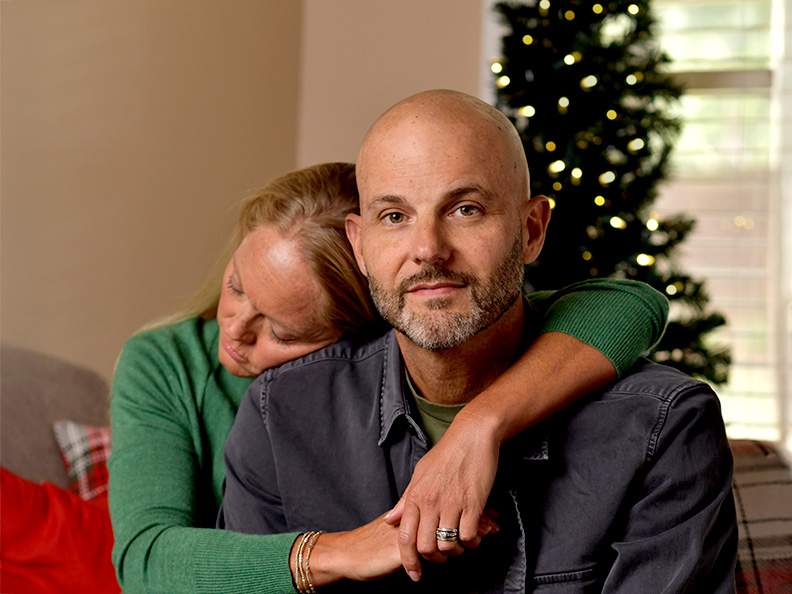Tu donación es 100% deducible de impuestos.
Apoyo a los niños cuando alguien a quien conocen tiene cáncer
Cuando los niños se enteran del diagnóstico de cáncer de alguien que conocen, puede que los altere y los confunda. Aquí podrá acceder a información que le ayude a a comprender lo que los niños podrían estar pensando y sintiendo, así como la forma de comunicarse con ellos, así como leer sobre sugerencias que pueden resultar úitles durante este tipo de eventos.
Nuestra labor es posible gracias a generosos donantes como usted.
Done ahora para que podamos continuar brindando acceso a información crítica sobre el cáncer, recursos y apoyo y así mejorar las vidas de las personas con cáncer y sus familias.



